#NationalHighwayTrafficSafetyAdministration
Heavy Duty Recall: Ram Rescinding 131,000 Pickups Over Fire Risk
Ram has been subjected to numerous investigations over the last few years, especially in regard to its heavy-duty diesel pickups. We can throw another item onto the list, as the manufacturer has opted to recall 131,177 HD trucks from the 2021 and 2022 model year.
While we recently covered an investigation launched by the National Highway Traffic Safety Administration (NHTSA) to assess whether reports citing that late-model HD pickups using the 6.7-liter Cummins turbo diesel had motive issues, the current recall appears unrelated. The former investigation is centered around slightly older trucks and a loss of motive power presumed to be the result of defective fuel pumps that could warrant a recall. This issue is a full-blown recall surrounding a potential fire risk originating from an issue with the solid-state heater intake grid relay.
NHTSA Investigating Ram's Diesel Pickups
The National Highway Traffic Safety Administration has opened an investigation into nearly 605,000 heavy-duty Ram trucks. A report from the regulator’s Office of Defects Investigation has tabulated 22 complaints from the 2019 and 2020 model years, all of which use 6.7-liter Cummins turbo diesel engines, spurring the NHTSA to launch a formal investigation. Complaints revolve around loss of motive power, with most incidents occurring above 25 mph and resulting in the “permanent disablement of the vehicle.”
While the public was not made aware of the investigation until Monday, the agency launched its probe last Thursday on October 14th. The goal will be to establish how widespread the presumed defect is, what exactly caused it, and any potential safety hazards relating to the issue. Some headway has already been made, however.
Gas War: Tesla Asks U.S. to Increase Fuel Economy Fines
Last month, the U.S. National Highway Traffic Safety Administration (NHTSA) proposed new rules that would increase fines for automakers who previously failed to adhere to fuel efficiency requirements. EV manufacturer Tesla has predictably endorsed the rules and has begun urging the federal government to put the plan in action as soon as possible.
While automakers have issued concerns that increasing penalties could cost them over $1 billion per year through regulatory fines and the purchasing of carbon credits, Tesla has been asking the Biden administration and a U.S. appeals court to expedite the process and make the proposals binding. Though that’s undoubtedly because the company sells its credits to the tune of at least $350 million annually and doesn’t build a single automobile that’s powered by gasoline.
NHTSA Resumes Inquisition of Tesla Autopilot
The National Highway Traffic Safety Administration (NHTSA) has been keeping tabs on Tesla’s Autopilot for years, sometimes giving crashes involving the system a bit more attention than they otherwise would have. But the extra scrutiny seemed to dissipate as practically every automaker on the planet introduced their own advanced driving suites and Telsa seemed to preemptively adhere to fast-approaching government regulations (and industry norm) by introducing driver-monitoring cameras.
On Friday, the NHTSA returned to business as usual and announced it had opened a preliminary evaluation of Autopilot to determine if there were any problems with the system. The agency has claimed it received at least 11 verifiable crash reports since 2018 where a Tesla product struck at least one vehicle that was already at the scene of an accident. It’s sort of a weird metric but allegedly worthy of the NHTSA wanting to look into every model the company produced between 2014 and 2021. However, actually reading the report makes it sound like the agency is more preoccupied with how Tesla’s system engaged with drivers, rather than establishing the true effectiveness of Autopilot as a system.
Safety Groups Downgrade Tesla Models for Dumping Radar
The National Highway Traffic Safety Administration is downgrading the Tesla Model 3 and Y following the company’s decision to remove radar from its advanced driver-assistance suite. We wrote about it, noting that the change actually removed several features from the affected cars and introduced the activation of another creepy, driving-monitoring camera.
While the latter aspect warranted the most cursing from your author’s side of the laptop, it’s the former that’s seeing the lion’s share of debate among groups advocating for vehicular safety. Everyone wants to blame Tesla’s overreliance on cameras as the thing contributing to high-profile crashes when there’s nary a vehicle on this planet that’s truly capable of driving itself. But that hasn’t stopped the NHTSA from slapping affected Tesla models into their own category, noting that they lack several functions it deemed important for safety. It’s all relative, considering there are millions of vehicles on the road that don’t have any advanced driving aids to speak of and heaps of evidence that electronic nannies don’t always function as intended. But it’s earning Tesla bad publicity as it gets dinged by increasingly more safety groups.
Ford Recalling 661,000 Explorer SUVs for Real This Time
Ford Motor Co. is recalling over 660,000 2016-2019 model year Explorer sport utility vehicles over the suspect roof rails the company initially claimed were probably fine. The National Highway Traffic Safety Administration got involved last year, following a string of complaints of the rail cover loosening and sometimes being jettisoned from the vehicle, and recommended the automaker bring them in for repairs.
But Blue Oval felt that was unnecessary, claiming the odds of one decoupling were extremely low and likely to be battened down before anything happens. Besides, they’re just fiddly little pieces of trim and unlikely to do much damage. Obviously, opinions have changed since then with documentation from the NHTSA confirming Ford is moving ahead with the mostly voluntary recall.
Lexus Makes a Point About Distracted Driving
Last week, Lexus launched a viral marketing campaign — that also makes for an excellent public service announcement — about how stupid it is to check your phone while driving. But it has only just started getting the kind of attention it deserves, now that some of the contentious regulatory news has subsided.
The automaker modified a Lexus NX crossover with an electrochromic film that can totally obfuscate the glass for 4.6 seconds — which is the average length of time a person looks at their phone while driving, according to the National Highway Traffic Safety Administration (NHTSA). It then invited people to take the car for a “test drive” while it made a point about distracted driving. While an overt publicity stunt, it was rather effective and addresses one of our biggest concerns in terms of automotive safety. Lexus simply showcased a bunch of morons with phones in an interesting way, highlighted the danger, and then got off its podium.
NHTSA Recalls GM Vans for Potential Fire Hazard
A warning was issued today to owners of 2021 Chevrolet Express and GMC Savana vans with 6.6-liter gas engines by the National Highway Traffic Safety Administration (NHTSA). If a battery short circuit were to happen, there may be a low battery voltage warning, the battery might die, or an engine compartment fire could take place.
Hyundai Recalling 129,000 U.S. Cars Over Engine Fire Risk, Fined By Regulators
Hyundai Motor Co. is recalling roughly 129,000 vehicles sold in the United States over an engine issue that may pose a fire risk. While we’ve been generally kind to the manufacturer of late, thanks to a rather good lineup of well-designed vehicles, it’s been mucking things up with recalls.
Last week, Hyundai Motor Group (including Kia) agreed to shell out up to $210 million in civil penalties after American safety regulators said it was dragging its feet on enacting a recall that encompassed 1.6 million automobiles. Apparently, there was some confusion on what needed to be reported to the National Highway Traffic Safety Administration. But let’s begin with the latest problem covering the company’s 2.4, 2.0, and 1.6-liter engines.
NHTSA Begins Regulatory Proceedings for Autonomous Safety, You Can Help
Safety regulators with the National Highway Traffic Safety Administration (NHTSA) said they were opening formal regulatory proceedings to establish new safety standards for autonomous vehicles on Thursday. However, before the NHTSA can get into proposing new rules that will influence how cars that can control themselves will be handled by the U.S. government, it wants citizens to offer their two cents.
We’re talking specifically about Levels 3-5 of automation as defined by SAE, meaning cars that could someday be sold without steering wheels or any other means to take control of the vehicle yourself. It’s something industrial lobbyists with the Alliance for Automotive Innovation (AAI) already have a roadmap for and plan on sharing with the NHTSA soon. Based on the group’s previous initiatives, we imagine it’ll be advocating the government leave as much control in the hands of manufacturers as possible. But you’ll have a limited window to weigh in on that position (or, better yet, share your own) while regulators have an open request for public comment.
Worried About Recalls? The NHTSA Has an App for That
The National Highway Traffic Safety Administration (NHTSA) just dropped an updated application for smart devices that offers the ability to automatically track recall information. After downloading, users simply input or scan their vehicle identification number (VIN) into their phone and the government-sanctioned service will notify them when/if recall new information becomes available.
While automakers and equipment manufacturers are still legally obligated to inform customers directly, the NHTSA believes redundancy isn’t a terrible idea when it comes to safety — and the app should beat any mailers sent out in the event of a recall.
Our more tech-savvy readers are probably wondering what the catch is, and with good reason. Free apps typically come with privacy concerns, as user data is frequently shoveled around to “optimize the experience” and/or make the creator some money. But there doesn’t seem to be any of that here. The NHTSA said the app won’t store any user information and only needs the basic details about your vehicle(s), which will never leave your device.
NHTSA Readies New Voluntary Autonomous Driving Database
The National Highway Traffic Safety Administration (NHTSA) plans to release new guidance for automakers to make autonomous testing data available to the public. As you are no doubt aware, the concept of self-driving cars is losing steam. The industry finds itself confronting hurdles it never could have anticipated, slowing progress, while high-profile mishaps have shaken the public’s faith.
While polling has hardly been consistent (and often conducted by actors who frame the questions to get a desired answer), reputable outlets have shown us that public acceptance of self-driving cars declined over the past few years. The NHTSA would like to offset this by allowing regular folks to more easily track the industry’s progress, while encouraging a bit of competition among companies as they compare themselves to each other in a new database.
Gas War: EPA and DOT Release Final Draft of Fuel Rollback
The U.S. Department of Transportation’s National Highway Traffic Safety Administration (NHTSA) and the Environmental Protection Agency (EPA) released their final version of the Safer Affordable Fuel-Efficient (SAFE) Vehicles Rules on Tuesday. This will establish new targets for corporate average fuel economy (CAFE) and emissions standards for passenger vehicles from the 2021-2026 model years and just in the nick of time. The document had to be completed by April 1st, in order to leave sufficient time for the coming model year.
If you’ve been following the long and arduous process that brought us here, you’ll notice the document has changed slightly from previous drafts. The rollback still enacts the straightening of emission regulations but reels them back from the lofty goals set by the Obama administration. Annual increases in fuel efficiency standards will be set at 1.5 percent through 2026. Previous drafts had the Trump administration freezing efficiency requirements at 2020 levels.
U.S. Pedestrian Deaths Reach Highest Level in Decades
While the preliminary data from the National Safety Council shows 2019 being a safer year for cars operating in America, its report noted continued concerns regarding pedestrian safety. Additional data gleaned from the Governors Highway Safety Association’s (GHSA) assessment of pedestrian deaths by state shows that those traveling outside of cars aren’t enjoying the same safety enhancements as those sitting comfortably inside the cabin.
Its report estimates that 6,590 pedestrians were killed in 2019. The figure represents a 5-percent increase from 2018 and is the largest number of deaths the United States has seen since 1988. The situation, however, isn’t as simple as the big numbers suggest. Despite pedestrian fatalities gradually creeping up since 2009, only 30 states actually saw an increase in their total number of deaths last year. The GHSA now projects a pedestrian fatality rate of 2.0 per 100,000 people. While that’s also the highest rate the country has seen in years, it’s actually far lower than automobile fatalities — which currently averages around 11.0 per a population of 100,000.
NHTSA Mulls Petition Seeking Tesla Recall Investigation
The National Highway Traffic Safety Administration agreed to review a petition requesting the agency formally investigate 500,000 vehicles manufactured by Tesla Motors. The petition cites 127 consumer complaints to NHTSA involving models produced since 2012 and asks the NHTSA look into 500,000 units it believes may need to be recalled.
Many of the complaints involve incidents of unintended acceleration when attempting to park vehicles; others cite events where a vehicle’s advanced driving systems (namely Autopilot) led to erratic behavior or crashes in traffic. On Friday, the agency said it would look into the issue.




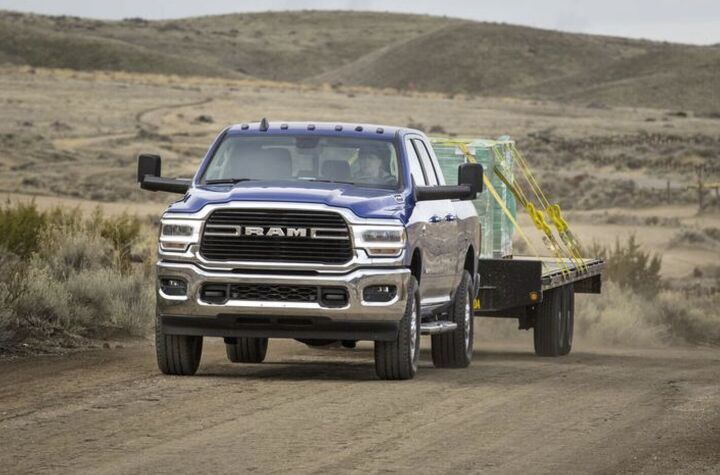


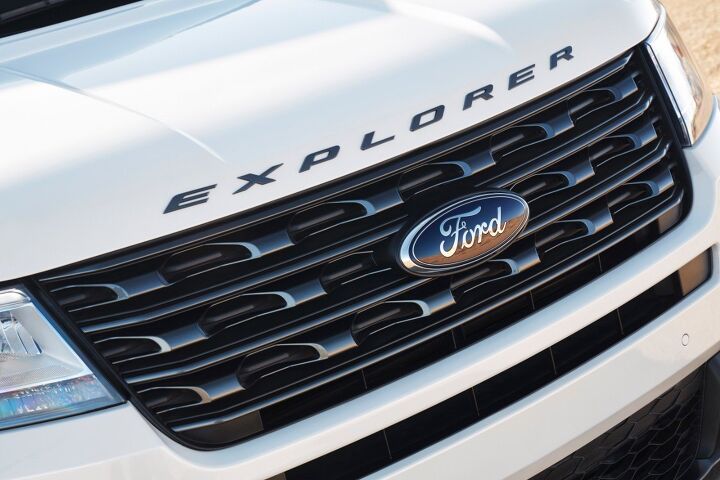

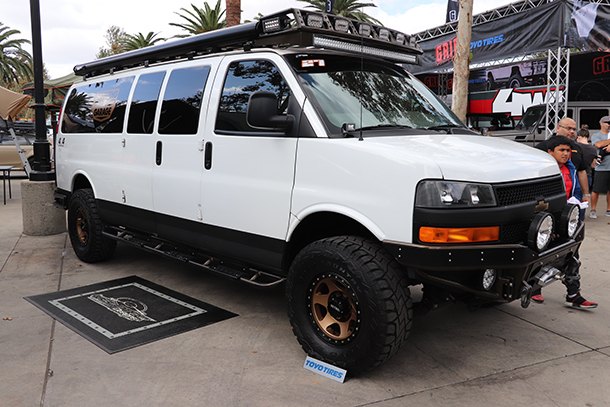
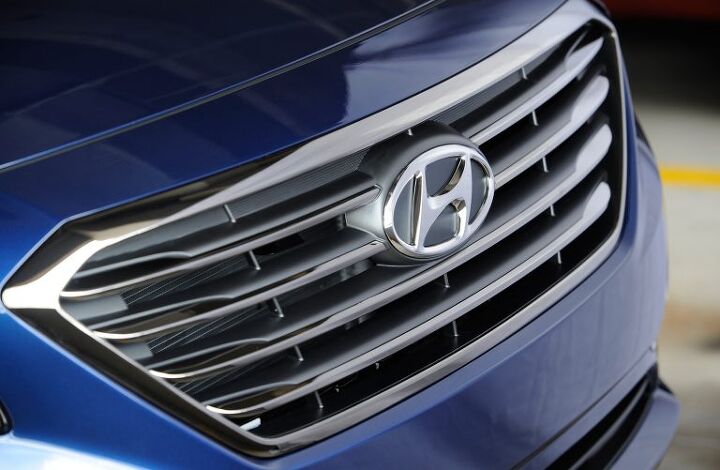

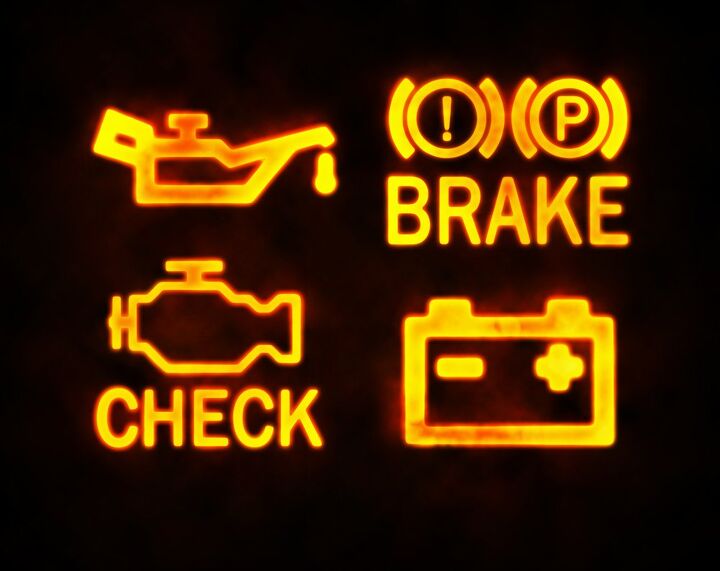
















Recent Comments